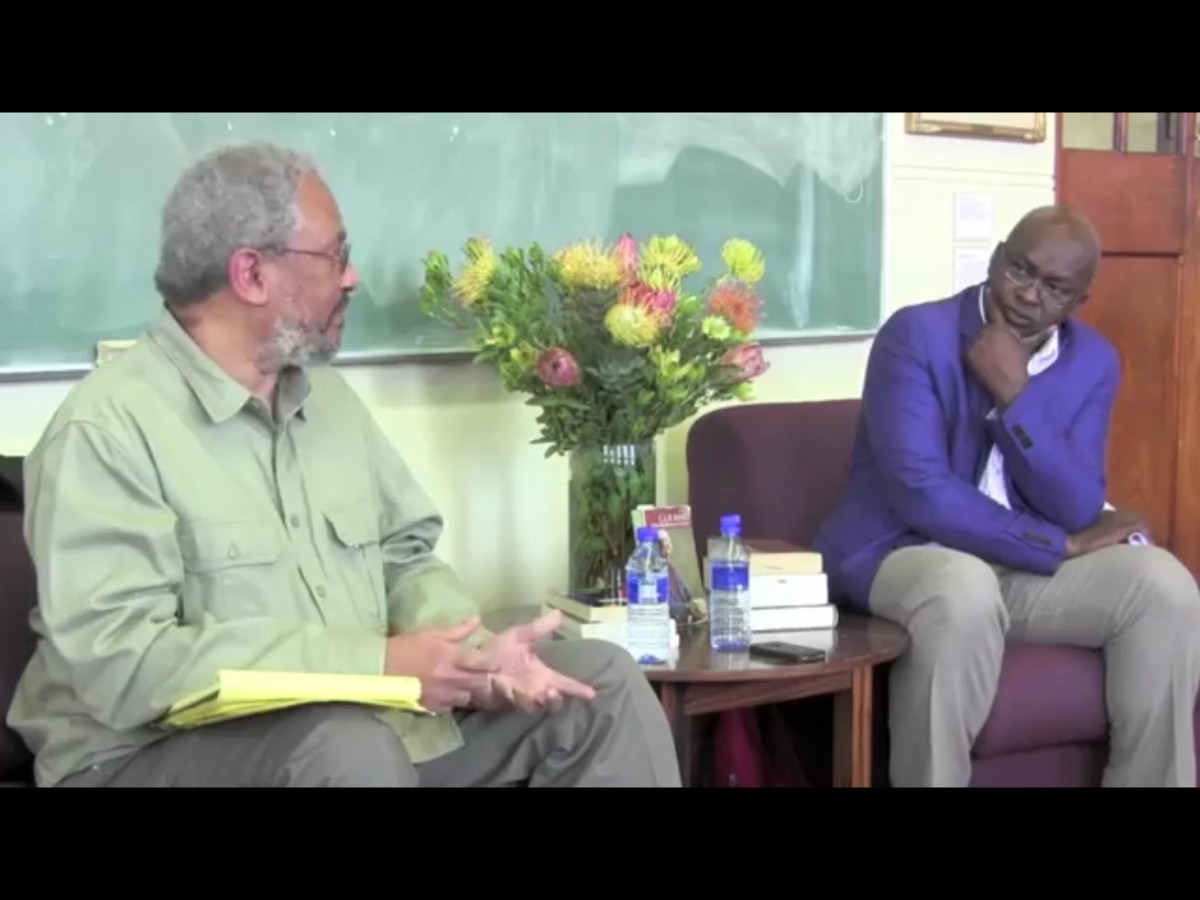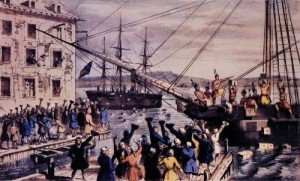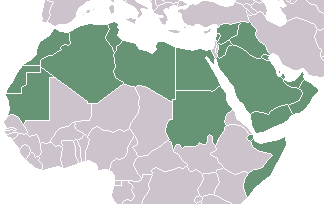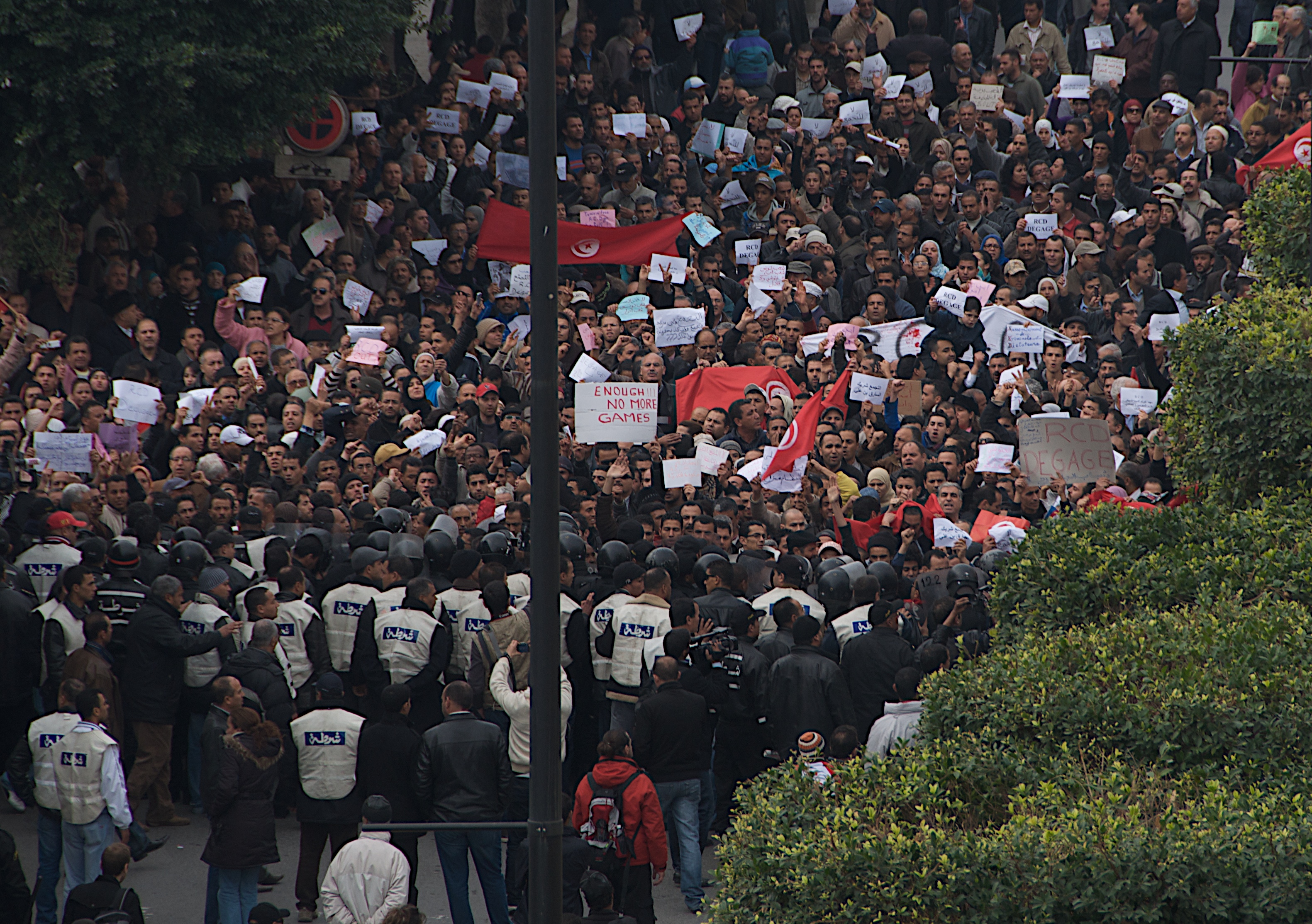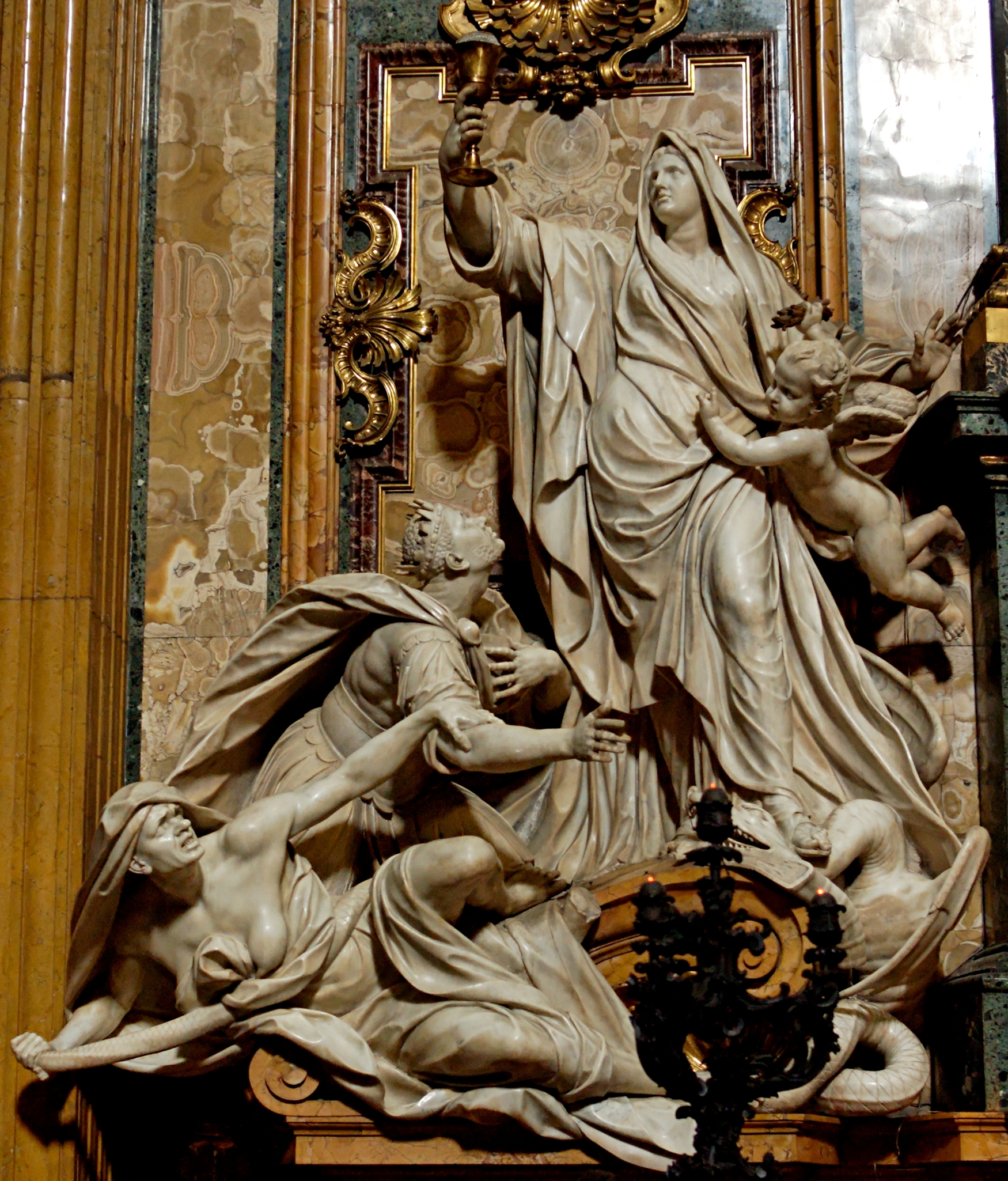Coverage of The University of Cape Town’s “Africa Theorises” has arrived – a conversation between our esteemed colleague Anthony Bogues and the renowned scholar Achille Mbembe. Topics include the “redrawing of the global intellectual map,” the “flight from theory” and “scientism,” the waning hegemony of the “Western Archive,” the possibilities of “liberty,” and the “modes of being human.”
b2 Focus.
-
Barack Obama Vs. the Tea Party — "States of Fantasy," by Don Pease
From the 2012 Carl Bode-Norman Holmes Pearson Prize for Outstanding Contributions to American Studies, Don Pease’s new provocative essay analyzes the recent populist conservatism in terms of the disparate fantasies convoking its disparate constituencies.
-
Sadia Abbas — The Echo Chamber of Freedom
This essay argues that notions of the subject, individualism, freedom, agency, change, and history (in other words, the ideas that are used to mark the boundaries of the West, and that generate the most sensitized aporias of modernity) have come to cluster around the figure of the Muslim woman (for whom the metonym is increasingly the veil): object of imperial rescue, justification for imperial warfare, Orientalist cipher, target of jihadist violence, and increasingly the discursive site upon which is worked out the central preoccupation of our time: How do you free yourself from freedom?
-
Arif Dirlik's classic essay on 'diversity in China'

Children in Guangdong, China “I take up in what follows the general theme of the dimensions of diversity in Chinese society; more specifically, how to analyze difference in that society located in the southeastern corner of the Eurasian continent, which long has spilled over the boundaries suggested by that location. I find it difficult to think of the dimensions of Chinese diversity before I can settle in my mind questions pertaining to diversity, culture, and, above all, China. What I undertake here is a reflection on the relationship between these terms.”
—boundary 2 2008 Volume 35, Number 1: Read here
-
The Dead End of Political Theology
This Spring, Jason Stevens works out the alliance in America between postsecularism, the revaluation of illiberal religion, and the role of Carl Schmitt in defining American power and politics in The Cul-de-Sac of Schmittian Political Theology: The Case of Paul Kahn’s Analysis of American Power.
-
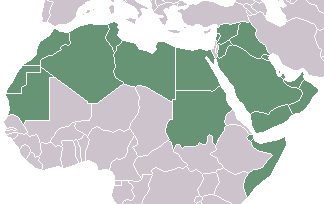
The Thinking of the Arab Revolution: Humanity, الإنسانية
New essays from Mohamed-Salah Omri and Miriam Cooke follow up on Omri’s first paper and continue the work of The Tunisian Dossier, these two interested in the “re-packaging and marketing of a ‘moderate’ Islamist leader” and the building of the Qatari empire. We invite you to read and comment on these materials and to place your comments on this topic here and elsewhere on the site.
-
Mohamed-Salah Omri's original essay on the Tunisian Revolution
“The most famous slogan chanted in Tunisia in January, then in Egypt, Yemen, Libya, and Syria, is a reincarnation of opening lines of the poem “The Will of Life,” written in 1933 by the Tunisian poet Abou el-Kasem Chebbi (1909–1934), which now form the closing part of Tunisia’s national anthem and have been sung by some of the most influential Arab stars, written on protest banners, and shouted by students in the face of French and English occupiers and their own governments.” Continue reading, boundary 2 volume 39, number 1
-
Stathis Gourgouris on "The Idolatry Post-Secularism"
Follow Stathis’ careful examination of “Idolatry, Prohibition, Unrepresentability,” here, for free download from the Duke UP site and from the last issue of boundary 2, Antinomies of the Postsecular.
This is a meditation on the assertion by Cornelius Castoriadis that “every religion is idolatry.” Idolatry here is configured beyond the conventional understanding of the idol as a concrete object of worship which works within the logic of representation. In monotheism, even the unrepresentable—or, perhaps, especially the unrepresentable—is an idol, an object of worship that is otherwise silenced by a language that claims to worship a nonobject. In this sense, the prohibition of images in monotheism (Bildverbot) is a highly sophisticated mode of idolatry.
-
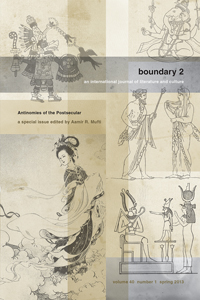
Antinomies of the Postsecular — Why b2 is not postsecular

A new and controversial special issue, Volume 40, Number 1, Spring 2013, has just appeared . . . .In his Introduction to b2‘s special issue, Antinomies of the Postsecular, Aamir Mufti explains his and his colleague’s desire to investigate the surrounding philosophy on this modern “return to religion.”
